While writing this, I am mindful that the working dog is often a much loved family pet on the farm as well. Dogs make great companions and can also be vital for herding on a farm. Making sure the farm dog is happy and healthy is so important for farmers.
This week we are going to look at the challenges the working dog faces and how to keep them in tip top shape.
Breeds
The most common breed we see on farm is the collie. The Border collie originated in northern England and derived its name from the Celtic word to be useful. Australian cattle dogs have also become very popular working dogs in Ireland, along with the Kelpi.
These breeds are smart, intelligent dogs and will quickly learn both good and bad behaviours. They like work and being stimulated, so bad behaviours such as chasing cars can often be as a result of boredom. You never want an overzealous dog when moving cattle, in particular. They can significantly contribute to lameness in your herd if they are moving cows too quickly on roadways. An aggressive sheepdog will also cause too much stress in a flock, which is why good training is so important.
Training young dogs takes time and often is best done by someone professional. You must then develop on that relationship or partnership with your young working dog.
Getting the right start with a puppy
A young working pup will be growing quite quickly and needs a suitable diet containing energy protein and vitamins. For the first three months, feeding can be done in small amounts up to three times daily. After nine months to a year, a dog can be fed once a day.
Your puppy must receive two vaccinations against the common viral diseases. These can be devastating, so vaccination is a must. Managing worms is the also critical for the health of your young pup.
Remember, they are soaking up knowledge, so training begins at day one.
Breeding dogs
While the idea of having a litter of pups sounds exciting, farmers should really only be breeding dogs if they are sure to home the pups. All dogs not breeding should be neutered and this has no affect on their working ability.
Both males and females can be neutered from six to eight months onwards. A male neutered working dog will be less inclined to travel after bitches and get injured or lost.
Neutering will slightly slow the metabolism, but this is never an issue for your working dog and it removes the risk of womb infections in bitches when they get older.
Vaccinations
As previously mentioned, puppies must receive vaccines against diseases like parvovirus and leptospirosis in particular, as they can be commonly found on farms. Two shots must be given to begin with and then an annual booster injection and MOT with your vet is advised.
The first two shots are usually given at eight and ten weeks.
Worms
A young puppy is definitely the most prone to roundworm and needs regular treatment of oral worm tablets. After six months, the dosage can be reduced . Your older dog still requires worming as the risk of tapeworms is greater with age.
Some topical spot-on treatments will cover both internal and external worms in your dog.
Skin
Your farm dog will have lots of opportunities to pick up fleas, particularly as wildlife like foxes and hedgehogs will be carrying them. Scratching is an obvious sign of fleas and they can sometimes be seen on close observation around the neck and between the shoulder blades. The appearance of congealed black specks of blood can also indicate fleas. Mites can also be a possibility. Regular spot on treatments can reduce the risk of these nasty parasites irritating man’s best friend.
Just remember that dogs can suffer from allergies and this can show up in their skin. Always keep your dog’s diet as simple as possible and avoid bedding that might allow dust mites to build up.
Ticks are another risk on some farms, as they can spread Lymes disease to both you and your dog. There is a new long-acting oral tablet available which protects against ticks.
Cattle and sheep dosing should never be used on working dogs, as even a low level can be toxic to our canine friends.
Injuries
Managing the joints and muscle injuries can be a task with athletic and eager young dogs. These dogs don’t know often when to call it a day, so we must plan their retirement for them and know when enough is enough. Like any athlete, working dogs will last longer if they mind their bodies, especially their joints.
I was always a fan of adding essential fatty acids to the diets of working dogs. This can be something as simple as daily evening primrose oil or cod liver oil.
Poisoning
There are lots of hazards around the farm that can be deadly if your dog comes in contact with them. Rat poison, Ivermectin, sheep dip, footbaths and nitroxynl (trodax) are all extremely poisonous to dogs.
Housing
Most working farm dogs are happy with a dry bed and there is no harm locking a dog in at night for security. Farm dogs in yards can be great alarms for intruders and often deter badgers coming into feed stores.
Feeding
Your farm dog requires good nutrition to support their activities. Once a day feeding is fine for adult dogs, but should be done in the evening or at night. Your dog should never perform strenuous exercise or work on a full belly.
Modern commercial dog foods are ideal as they usually are complete and working dog brands will be high in energy and protein.
First aid
While most clinical conditions are best handled by a vet, minor cuts or abrasions can be manged by bathing the injured area and keeping it clean. Dogs will lick their wounds, but this can be overdone as well.
Let mild injuries rest for 24 hours and don’t ever work a lame dog. Their natural instinct kicks in and will potentially lead them to do more damage to themselves.
Spreading disease
The main disease risk comes from young dogs eating cleanings (placenta) or picking up and spreading Neospora. Remember that a dog can shed the spores of Neospora in its faeces onto cattle feed. Once infected, they only shed for a short period of time. Beware of feeding grass clippings that have dog dung in them to cows.
Where there are young children, ensure your dog is well wormed to reduce the risk of worms being spread.
The farm dog is much more than a work horse and is a treasured companion for many. By taking a few simple steps, they can have a long and productive life on the farm. As they say, if you love your work you’ll always be happy!




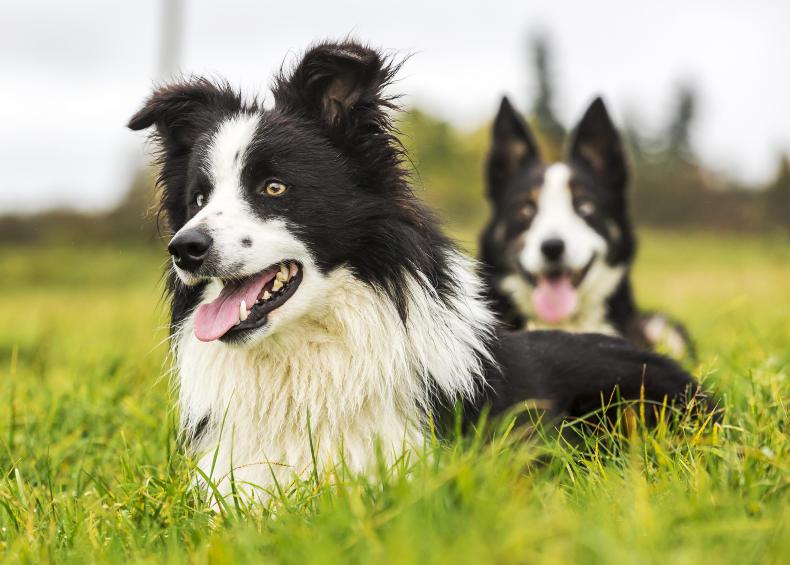
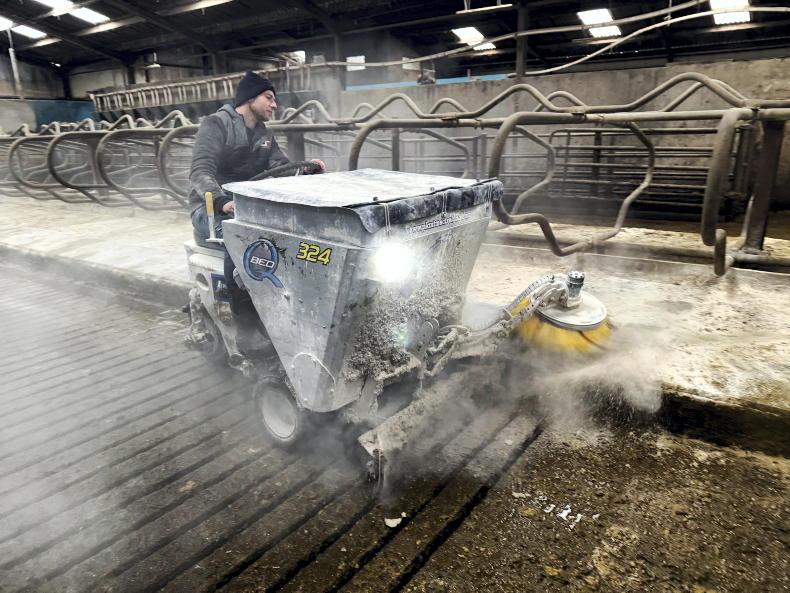
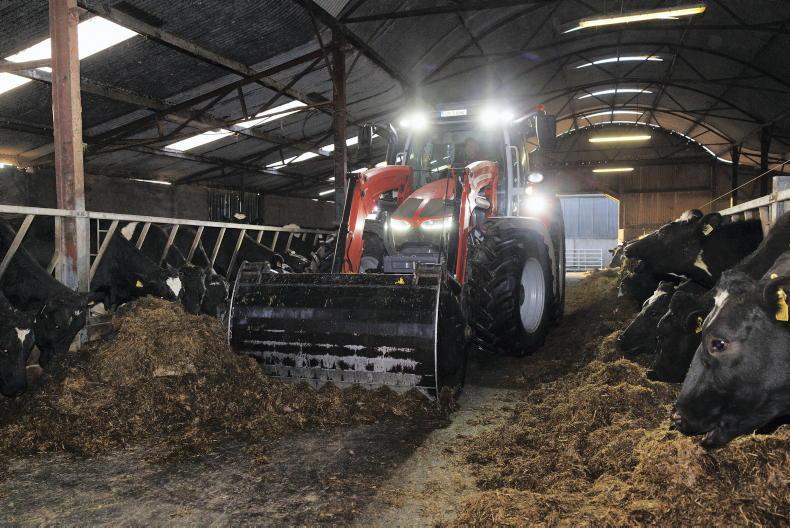
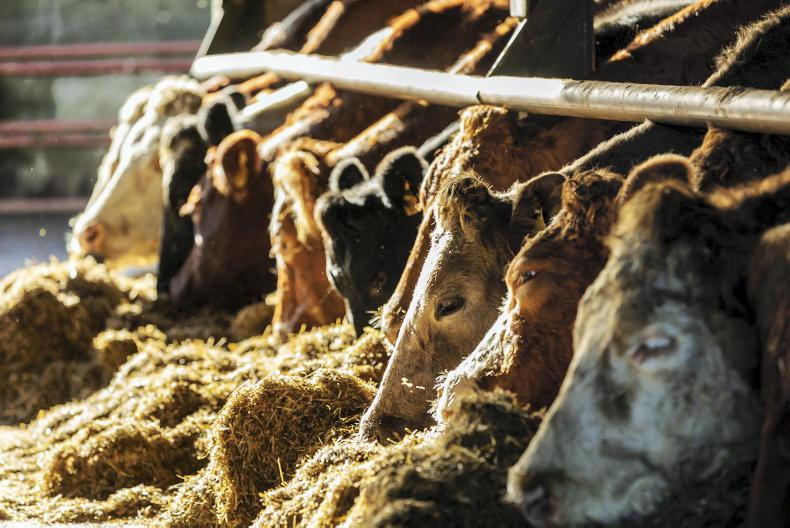
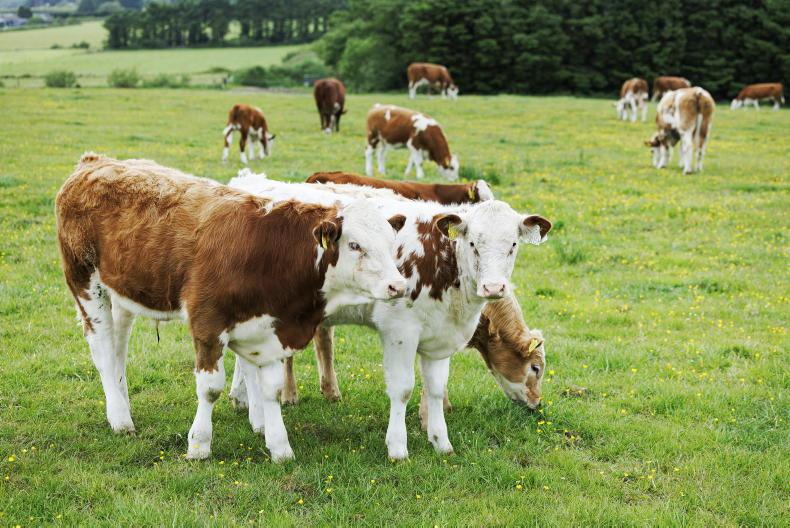
SHARING OPTIONS